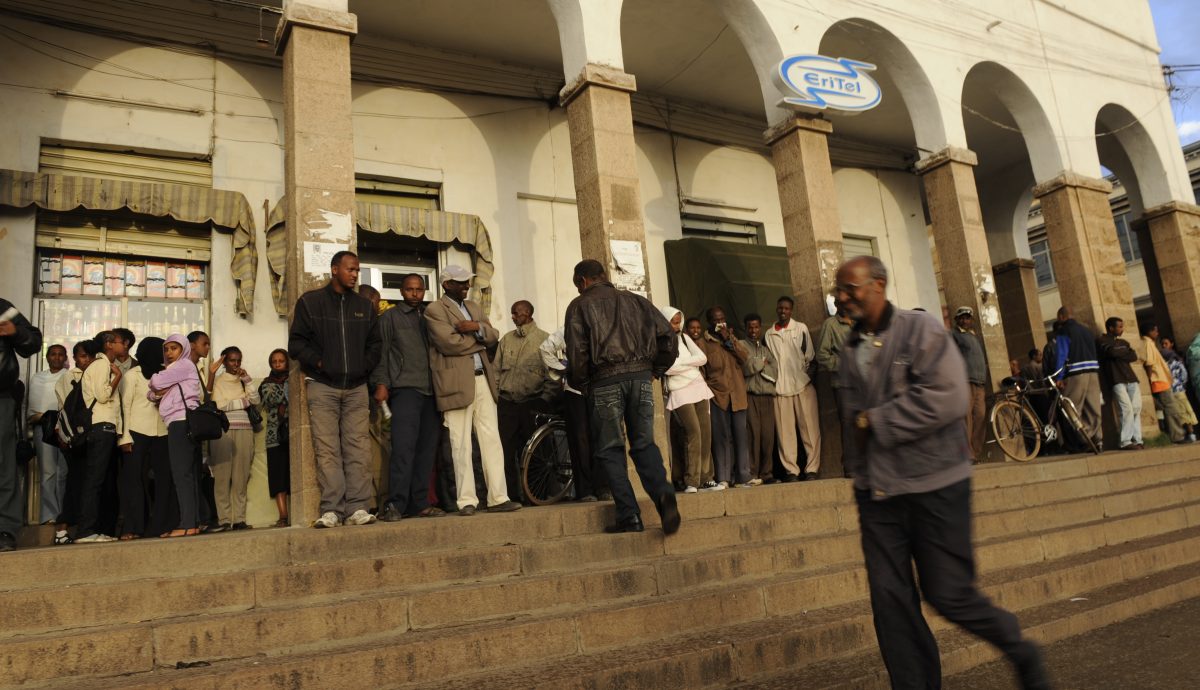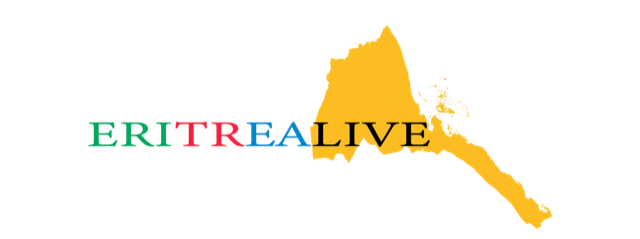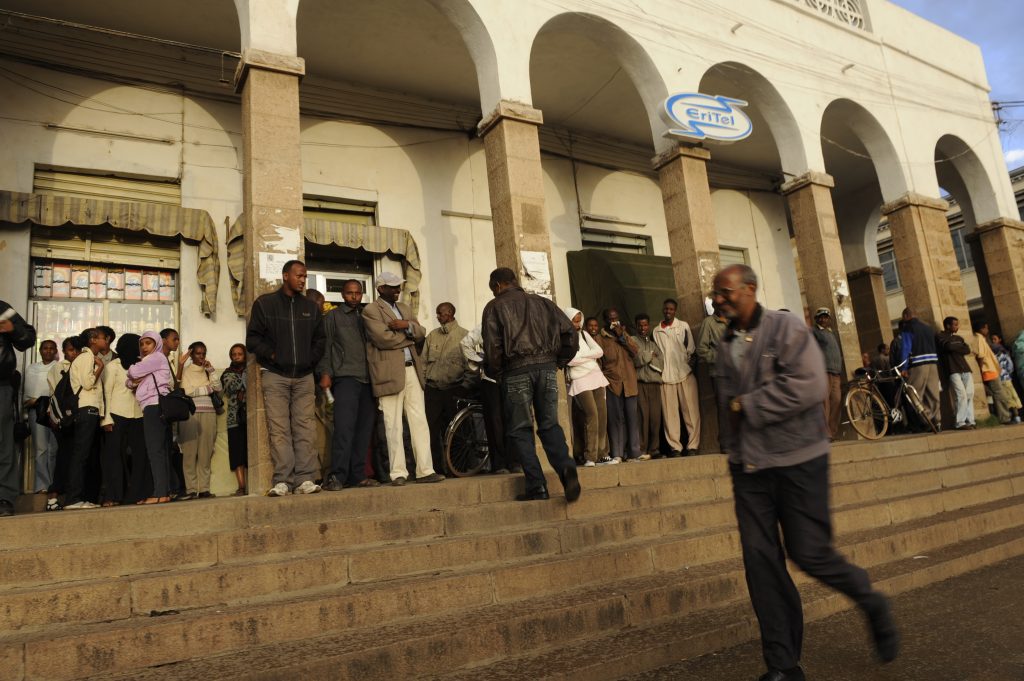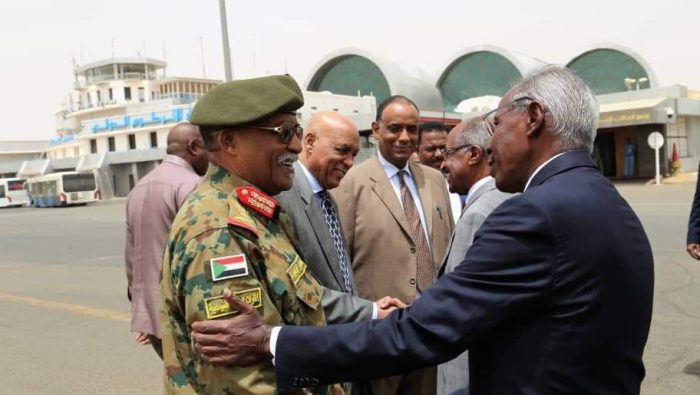ASMARA, a demonstration against the closure of an Islamic school-No casualties or injured people.

ASMARA, a demonstration against the closure of an Islamic school
No casualties or injured people.
On Tuesday 31st October there were moments of tension in the very central street Harnet Avenue. The reason was a protest against the closure of an Islamic school. Reasons that we will try to understand, verifying them.
While the demonstration was still continuing, the American Embassy recommended its citizens to avoid the city centre, writing in the annoucement that gun shots had been heard.
Fortunately, though, Western sources inside the Country confirmed that the shots had been fired into the air, for the purpose of breaking up the group of protesters, without injuring anyone.
At the end of the demonstration there were rumors that 28 people were dead and 100 had been injured. It would have been a severe toll, which was, however, once again proved wrong by Western inside sources. The news, however, made headlines in the international press.
What happened then in Asmara? What are the reasons for this protest?
A tweet by the Minister of Information Yemane Ghebremeskel defines the demonstration as a “small demonstration of a school in Asmara”. Certainly not imagining that the tweet itself would become breaking news, with fictional casualties and injured.
Internal sources, as well as opposition movements abroad, explain the reasons of the protest with the approval of a recent school reform.
In Eritrea, an independent Country since 1991, education in public schools, from primary schools to college, is free. There are, however, many religious schools: Catholic, Orthodox, and Muslim ones.
With the reform, the Ministry of Education would not attempt to close these schools, but it would, instead, recognise them officially.
They would have State programs and, above all, state funding. A way to separate education from catechism. The request made to religious schools is therefore to adapt their programs, so that they are similar to those of lay schools.
The clash that led to the demonstration was on these two grounds, common programs and public funding. The school where the protest started, the Diaa Islamic School, is a Muslim religious school, so far managed in complete financial autonomy by a “parents’ committee”.
Faced with request from the Minister of Education to accept common programs and public funding, the school director, Hajji Muasa Mohamed Mur said no.
So he gave a speech to both parents and students.
The school, he argued, was built and is supported thanks to our money. We must therefore refuse any change. Our school is religion, he said. “This is because” he continued “we are Muslim and what matters to us is the sharia”. Which is also the reason he does not fear arrest. “Ideals” he concluded “must be defended at any cost.”
It is for this ideal of a religious school that the young people of Akriya took to the street.
They want their school to remain as it is, paid for by the “parents’ committee”. They want in this way, a closed school, distant from the lay world.
The Ministry of Education, on the other hand, with the reform that caused the protest intends to avoid the creation of dangerous pockets of religious fanatics in the Country.
The Ministry wants to avoid that there are schools where religion can become a shield for inciting to separation and hate. Feelings, from which Eritrea has historically managed to keep itself distant.
Thus the protest on the streets of Asmara is a rebellion against the attempt to restrain possible religious deviations.
Eritrea is a Country where Muslims and Christians have always lived together peacefully. This peace was built on mutual respect, the only possible way to defeat the danger of extremism, which the West has, unfortunately, also experienced.
Marilena Dolce
@EritreaLive





Lascia un commento